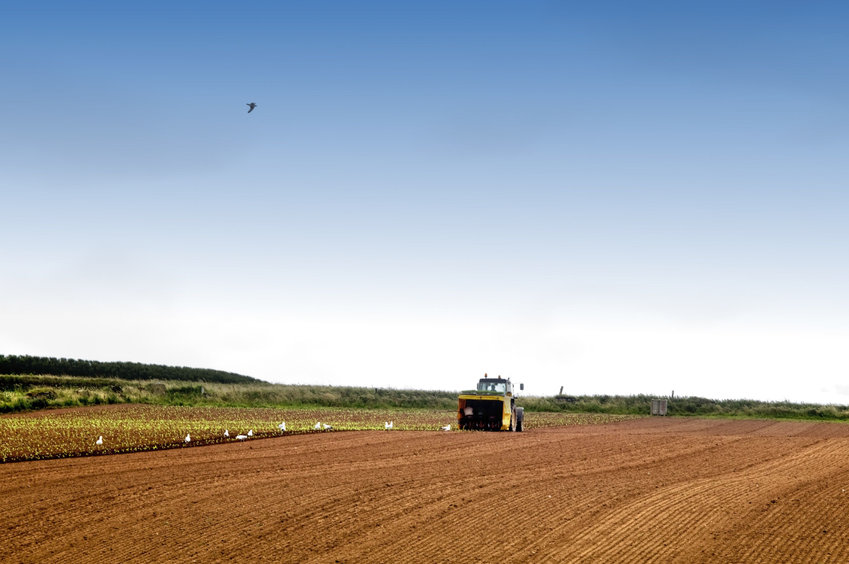
Farmers with eligible BPS applications will receive the first payment of 50% from the end of July and the second from December, Defra has announced.
The government on Friday (6 May) unveiled new steps to support farmers with cost pressures caused by demand and instability seen across the globe.
Under these plans, direct payments in England will be paid in two instalments each year for the remainder of the agricultural transition period.
The first payment will be made from the end of July and the second will be made from December.
With agricultural commodities closely linked to global gas prices, farmers are facing rising costs for inputs including manufactured fertiliser, feed, fuel and energy.
Due to heightened worldwide demand as the global economy reawakened following Covid, by February the price of gas had quadrupled on the previous year.
And with the instability caused by Russia's invasion of Ukraine, that price has increased even further.
Announcing the plans, Defra Secretary George Eustice said it would give farmers some additional cashflow earlier in order to provide some confidence.
“While increasing farm gate prices may mean that farm profitability remains stable, we recognise the short term pressures on cash flow.
“We have decided to bring forward half of this year’s BPS payment as an advance injection of cash to farm businesses from the end of this July."
Mr Eustice added: "We will also make this a permanent change to the way we pay BPS in future with twice yearly instalments going forward.
"Bringing forward half of this year’s BPS payment from the end of July will be a welcome boost to cash flow for many farm businesses during uncertain times."
Rural Payments Agency (RPA) chief executive, Paul Caldwell said bringing forward half of this year’s BPS payment would be a welcome boost to farmers.
“This is not just an opportunity to support farmers through a cash injection," he said, "It’s a permanent change to bring direct payments in line with what will be a more regular payment system under the new environment land management schemes.”
The NFU welcomed the announcement, saying that any advance payment was a positive move which would help farmers with cash flow as they faced inflationary pressure.
The union's vice president, David Exwood said: “I'm pleased Defra and the RPA have recognised the seriousness of the situation and put in place a practical solution."
However, he said it was crucial that this change did not adversely affect the delivery and promptness of payments.
"As Defra plan to move forward with two payment windows on a permanent basis, we will be looking for reassurances from the RPA that it will continue its strong delivery performance and ensure farmers receive their payments as early as possible on both occasions.
"We’d ask the RPA to continue working with the NFU on the rollout and delivery of the scheme," Mr Exwood said.
